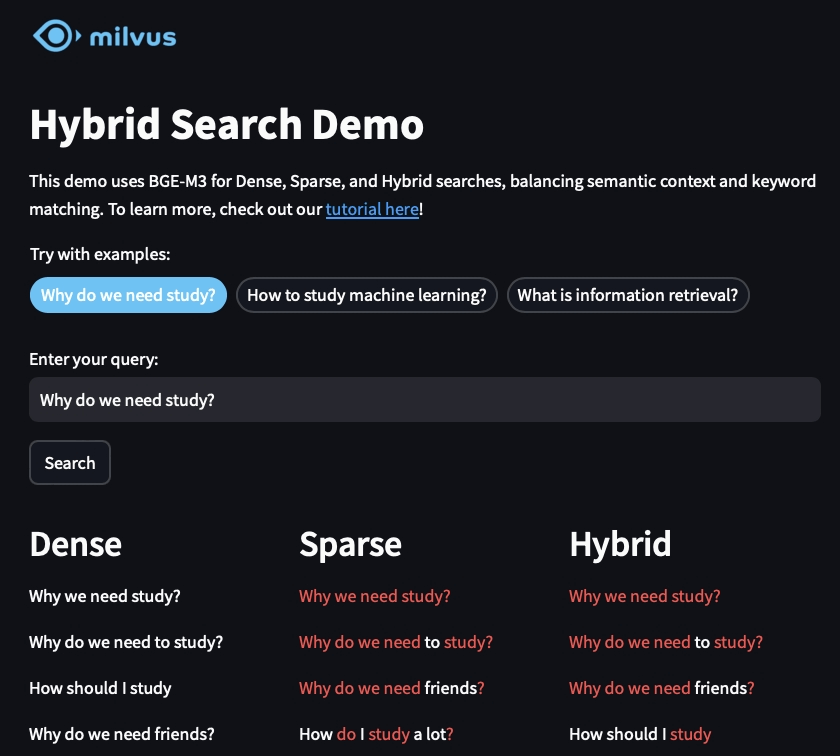Recall and precision are two fundamental metrics used to evaluate the effectiveness of search systems. Recall measures the ability of a search algorithm to retrieve all relevant documents from a dataset. It is calculated as the ratio of relevant documents retrieved to the total number of relevant documents available. For example, if a search system identifies 8 out of 10 relevant documents, the recall is 80%. Precision, on the other hand, measures the accuracy of the results by calculating the ratio of relevant documents retrieved to the total number of documents retrieved. If a search returns 10 documents and 7 are relevant, the precision is 70%. These metrics help developers assess whether a search system is comprehensive (recall) or accurate (precision).
The roles of recall and precision depend on the specific use case. High recall is critical in scenarios where missing relevant results is costly. For instance, in legal discovery, failing to retrieve a critical document could have serious consequences. A search system optimized for recall might cast a wider net, using broader keyword matching or synonym expansion to minimize missed items. Conversely, high precision is prioritized when users need highly relevant results quickly. A search engine for an e-commerce site, for example, should return products that closely match the query to avoid frustrating users with irrelevant items. Precision is often improved by using strict filters, ranking algorithms, or natural language processing to better interpret intent. However, optimizing for one metric often comes at the expense of the other: increasing recall can lower precision (more irrelevant results), and increasing precision can lower recall (more relevant items missed).
Developers must balance recall and precision based on the application’s requirements. For example, a medical literature database might prioritize recall to ensure researchers don’t overlook critical studies, even if some irrelevant papers are included. To achieve this, the system could use fuzzy matching or include related terms in queries. In contrast, a recipe app might prioritize precision to surface exact matches for ingredients or dietary restrictions, employing strict keyword filters or user-specific preferences. Tools like the F1 score (which combines recall and precision) or precision-recall curves can help quantify trade-offs. By adjusting parameters like search scope, ranking weights, or query expansion techniques, developers can tailor systems to meet specific needs while maintaining a practical balance between these metrics.
